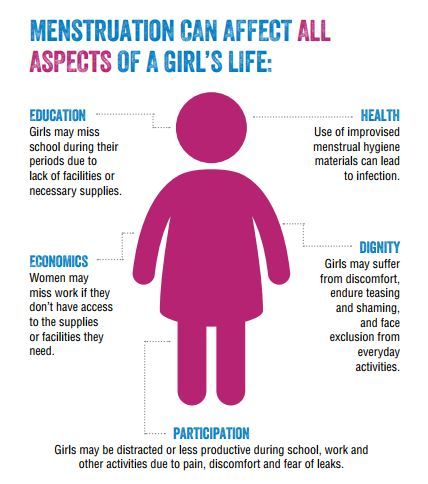Talking to Your Partner About Sexual Health
Discussing sexual health with your partner is an essential aspect of any healthy and satisfying relationship. Open
and honest communication can help in building trust, fostering intimacy, and ensuring that both partners are
maintaining their well-being. In this article, we will highlight the importance of discussing sexual health with
your partner and provide useful tips to guide you through these conversations.
Why is it important?
Openly discussing sexual health is crucial for several reasons. Firstly, it helps in preventing the transmission
of sexually transmitted infections (STIs). By openly discussing your sexual history and getting tested regularly,
you can identify and manage any potential risks that may affect both you and your partner. Additionally, talking
about sexual health allows you to address any concerns or questions you may have, ensuring a healthier and more
satisfying sexual experience.
Creating a Safe Space
When discussing sexual health, it’s important to create a safe and comfortable environment for both partners. Choose
a time when you both feel relaxed and make sure to approach the conversation with empathy and non-judgment. Create
an atmosphere of trust and assurance, allowing each other to openly express concerns or share sensitive information
without fear of criticism or shame.
Starting the Conversation
Initiate the dialogue by expressing your own commitment to ensuring a healthy sexual relationship. Share your
desire to discuss sexual health in order to protect and prioritize both your well-being. You can begin by asking
your partner about their thoughts and feelings regarding sexual health or initiating a discussion around shared
values and expectations.
Sharing Your Sexual History
Honest disclosure of your sexual history is a crucial aspect of discussing sexual health. Be open about your past
experiences, including any previous STIs, and ask your partner to do the same. This information-sharing exercise
allows both partners to assess potential risks and make informed decisions regarding safer sex practices or testing
options.
Safer Sex Practices
Discussing and agreeing upon safer sex practices is vital for protecting both partners. Talk about the use of
contraception, such as condoms or other barrier methods, as well as the importance of regular STI testing. If you
or your partner have specific concerns or preferences, it’s essential to address them openly and find mutually
satisfying solutions together.
Getting Tested
Regular testing for STIs is an integral part of responsible sexual health maintenance. Encourage both yourself and
your partner to get tested regularly, especially if either of you has had new sexual partners since your last
check-up. Discuss the testing process, reassure each other, and consider getting tested together to foster a shared
commitment to sexual health.
Addressing Concerns
Remember to actively listen to your partner’s concerns and questions regarding sexual health. Be patient and
understanding, providing the necessary support and reassurance. If any concerns arise during your conversation, it
may be helpful to seek guidance from a healthcare professional or counselor who can provide expert advice and
information.
Maintaining Ongoing Dialogue
Sexual health conversations should not be one-time discussions; they should be ongoing throughout your relationship.
As you grow and evolve together, your sexual health priorities and needs may also change. Regularly check in with
each other, discuss any changes or new concerns, and stay up to date with routine testing and preventative measures.
Conclusion
Open and honest communication about sexual health is essential for a strong and healthy relationship. By discussing
sexual health with your partner, you can both take necessary steps to protect yourselves, maintain well-being, and
foster a satisfying sexual connection. Remember to approach these conversations with empathy, create a safe space,
and seek professional guidance when needed. Together, you can navigate the topic of sexual health and build a
stronger, more fulfilling relationship.


